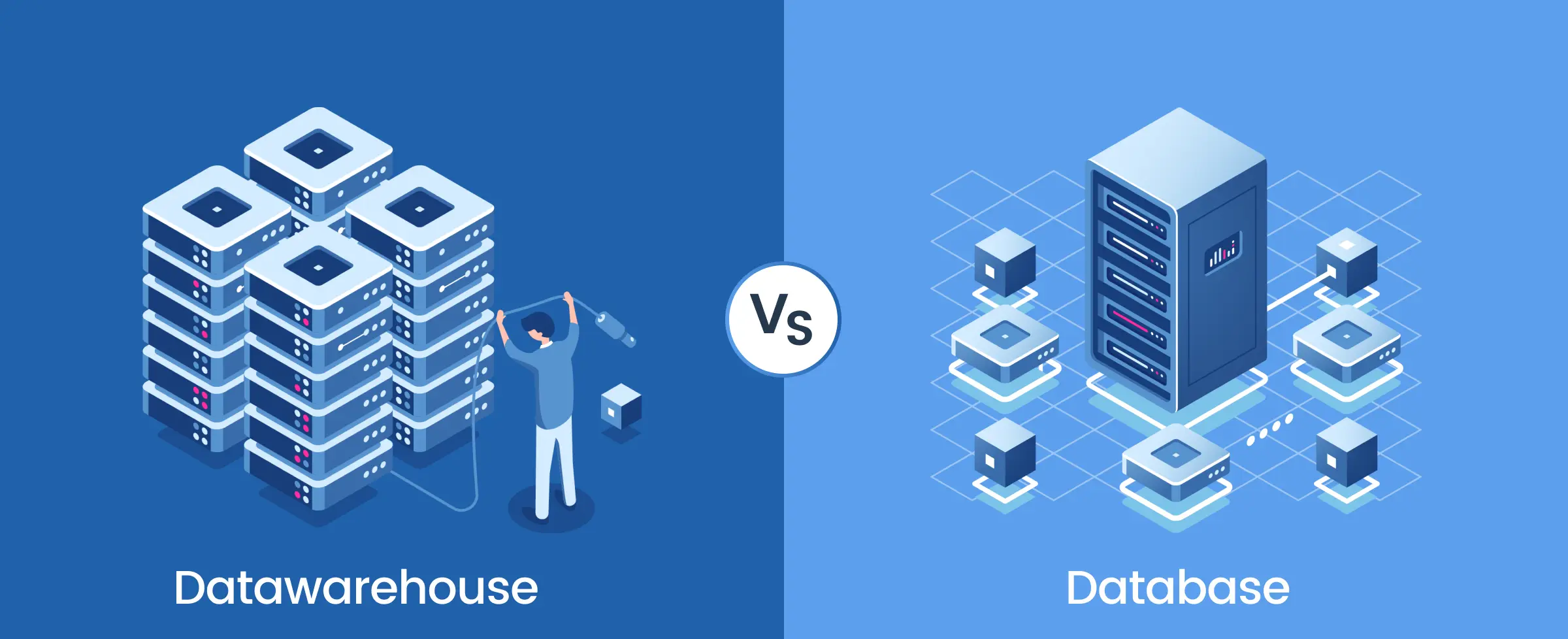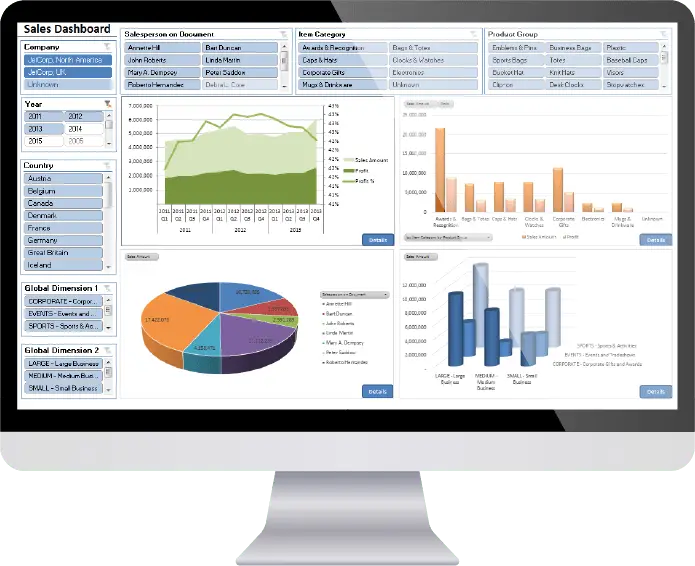What are Data Lakes?

- Global Data 365
The huge volume of data collected by today’s company has entailed a drastic change in how that data is stored. Data stores have expanded in size and complexity to keep up with the companies they represent, and data processing now needs to stay competitive, from simple databases to data warehouses to data lakes. As enterprise businesses collect vast amounts of data from every imaginable input through every conceivable business feature, what started as a data stream has developed into a data flow.
A new storage solution has emerged to resolve the influx of data and the demands of enterprise businesses to store, sort, and analyze the data with the data lake.
What are Data Lakes?
Data Lakes are type of centralized repository that stores all types of data—structured, semi-structured, and unstructured—in its raw format. Unlike data warehouses, which standardize data before processing, a data lake holds data without any transformation, allowing for future analysis and exploration. This raw data can later be structured for specific purposes, making it a powerful resource for businesses that deal with diverse data sources like IoT devices or event tracking.
What Does It Contain?
The foundation of enterprise businesses is a collection of tools and functions that provide useful data but seldom in a structured format. The company’s accounting department may use their chosen billing and invoicing software, but your warehouse uses a different inventory management system. Meanwhile, the marketing team is dependent on the most efficient marketing automation or CRM tools. These systems rarely interact directly with one another, and while they can be pieced together to respond to business processes or interfaces through integrations, the data generated has no standard performance.
Data warehouses are good at standardizing data from different sources so that it can be processed. In reality, by the time data is loaded into a data centre, a decision has already been taken about how the data will be used and how it will be processed. Data lakes, on the other hand, are a larger, more unmanageable system, holding all of the structured, semi-structured, and unstructured data that an enterprise company has access to in its raw format for further discovery and querying. All data sources in your company are pathways to your data lake, which will capture all of your data regardless of shape, purpose, scale, or speed. This is especially useful when capturing event tracking or IoT data, while data lakes can be used in a variety of scenarios.
Benefits of Data Lakes
- Versatility: Data lakes store data in any form—whether it’s CRM data from marketing or raw transaction logs from inventory systems.
- Flexibility: Since data is stored in its original format, it can be processed, transformed, and analyzed whenever needed.
- Scalability: Data lakes, like Azure Data Lake, handle data of any volume, shape, or speed, making them ideal for large-scale enterprises.
Application of Data Lakes
Data lakes find applications across multiple industries, enabling:
- Healthcare: Early disease detection and personalized treatments.
- Finance: Fraud detection and market trend prediction.
- Retail: Customer behavior analysis and inventory optimization.
- Manufacturing: Predictive maintenance and production workflow enhancements.
Data Collection in Data Lakes
Companies can search and analyse information gathered in the lake, and also use it as a data source for their data warehouse, after the data has been collected.
Azure Data Lake, for instance, provides all of the features needed to allow developers, data scientists, and analysts to store data of any scale, shape, or speed, as well as perform all kinds of processes and analytics across platforms and languages. Azure Data Lake simplifies data management and governance by eliminating the complications of consuming and storing all of your data and making it easier to get up to speed with the queue, streaming, and interactive analytics. It also integrates with existing IT investments for identity, management, and security.
That being said, storage is just one aspect of a data lake; the ability to analyse structured, unstructured, relational, and non-relational data to find areas of potential or interest is another. The HDInsight analytics service or Azure’s analytics job service can be used to analyse data lake contents.
Data Collection and Analysis
Data lakes are especially useful in analytical environments when you don’t understand what you don’t know with unfiltered access to raw, pre-transformed data, machine learning algorithms, data scientists, and analysts can process petabytes of data for a variety of workloads like querying, ETL, analytics, machine learning, machine translation, image processing, and sentiment analysis. Additionally, businesses can use Azure’s built-in U-SQL library to write the code once and have it automatically executed in parallel for the scale they require, whether in.NET languages, R or Python.
Microsoft HDInsight
The open-source Hadoop platform continues to be one of the most common options for Big Data analysis. Open-source frameworks such as Hadoop, Spark, Hive, LLAP, Kafka, Storm, HBase, Microsoft ML Server, and more can be applied to your data lakes through pre-configured clusters tailored for various big data scenarios with the Microsoft HDInsight platform.
Future-Proof Data
For companies, data lakes reflect a new frontier. Incredible possibilities, perspectives, and optimizations can be uncovered by evaluating the entire amount of information available to an organization in its raw, unfiltered state without expectation. Businesses may be susceptible to data reliability (and organizational confidence in that data) and also protection, regulatory, and compliance risks if their data is ungoverned or uncatalogued. In the worst-case scenario, data lakes will have a large amount of data that is difficult to analyse meaningfully due to inaccurate metadata or cataloguing.
For companies to really profit from data lakes, they will need a clear internal governance framework in place, as well as a data catalogue (like Azure Data Catalogue). The labelling framework in a data catalogue aids in the unification of data by creating and implementing a shared language that includes data and data sets, glossaries, descriptions, reports, metrics, dashboards, algorithms, and models.
Built your BI Infrastructure
The data lake will remain a crystal-clear source of information for your company for several years if you set it up with additional tools that allow for better organization and analysis, such as Jet Analytics.
At Global Data 365, you can contact our team to find out more information on how to effectively organize your data or executing big data systems seamlessly.
Get 30 Days Free Jet Analytics License!
Search Blog
Related Resources

The Difference between Database and Data Warehouse

What is Data Mining?



